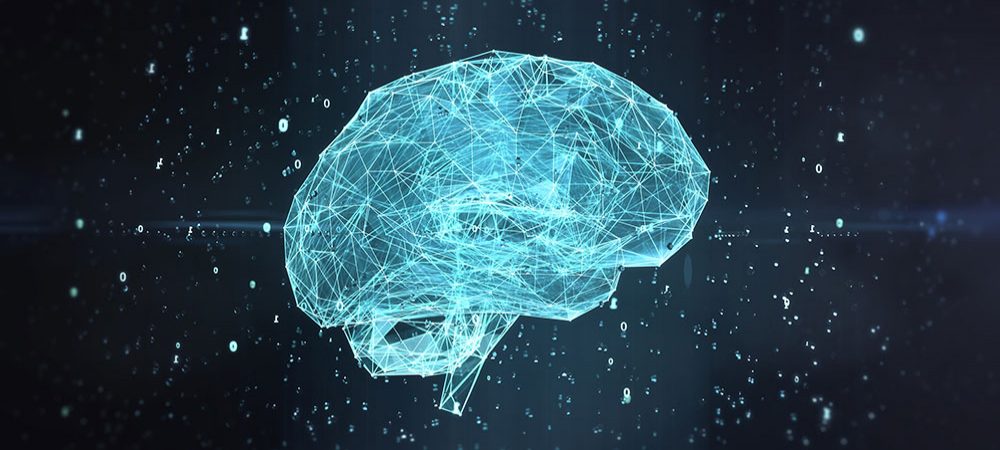Sascha Giese, Head Geek, SolarWinds, discusses how organisations that fully understand the benefits of using AI and ML will be in a much better position to take advantage of its potential.
The technology industry exists in a permanent state of innovation, frequently propelled by predictions of profound change. Two of the hottest tech topics of the day – Artificial Intelligence (AI) and Machine Learning (ML) – are particularly significant because there’s so much potential to revolutionise not just the way we work, but the way society functions.
In the public sector, the scope for applying AI algorithms and ML techniques to improve and automate decision-making, for example, is huge. Indeed, any organisation dealing with people in the millions will sit up and take notice when these technologies begin to break through into real applications. Add to this the trend towards ubiquitous connectivity and the arrival of the Internet of Things (IoT), connecting just about everything to the Internet and we’re all heading for a future both exciting and uncertain in equal parts.
At the heart of all this potential is the production, measurement, analysis and application of data. AI and ML applications, backed by data science and analytics, allow us to understand and manage our organisations in ways we can’t, just by adding more people to the workforce. For some, its value is so high, it’s been described as ‘the new oil’, and thinking of it in those terms helps understand its potential global impact, even if you might not agree.
In the public sector, IT professionals with an interest in these nascent technologies are looking at how to ‘upskill’ themselves. According to the SolarWinds IT Trends Report 2019: Skills for Tech Pros of Tomorrow, data science and analytics round out the top three skillsets tech pros plan to develop in the next three to five years. Across the economy in general, the demand for expertise in AI, ML and data science far outweighs supply, and there are opportunities for individuals to take their careers in new and exciting directions beneficial to society.
This is a positive development and at the same time, it’s changing how organisations operate, as leadership looks to IT to provide expertise in these new capabilities and processes. Among the many challenges this presents is the cultural shift brought about by emerging technologies few of us understand in any detail.
Cultural alliances will bridge the tech knowledge gap
If we are to make a collective success of the AI, ML and data revolution coming over the horizon, there needs to be an alliance between the business and IT sides of organisations. Organisations need to identify whether the arrival of new technologies, guided by siloes of expertise and experience, will create cultural challenges and gaps in collaboration. If so, how can these be closed?
Managing this change will rely on skills training and development for everyone involved. Technology is becoming increasingly inseparable from organisational success and requires a shift in attitude and approach, both from IT teams and leadership. Organisational leaders and operational staff will need help to understand the scope, value and risks associated with AI and ML. IT teams will need to change the way they think and operate when it comes to technology and business.
This cultural evolution needs to consider the role of data and its growing importance. If an organisation is going to become ‘data-driven’, it needs to build an understanding of what best practice looks like. By applying this knowledge across teams, it can help elevate an organisation from just dabbling with AI, ML and data analytics, to making them a fundamental part of the way they work internally and externally.
And this underscores why AI and ML are so different from most other tech trends. The scope for changing the way we work is much more nuanced than adding a new piece of software or streamlining a long-standing process. In addition, it helps explain why they’re also treated with understandable suspicion – what will be the impact on skills, jobs and careers?
It also makes the cultural discussion more relevant. We’re heading for this future together, but we also have an opportunity to apply self-awareness on an organisational level to make sure we control these new circumstances and not the other way round. Organisations taking this approach and fully understanding how AI and ML might work for them will be in a much better position to take advantage of its potential.


